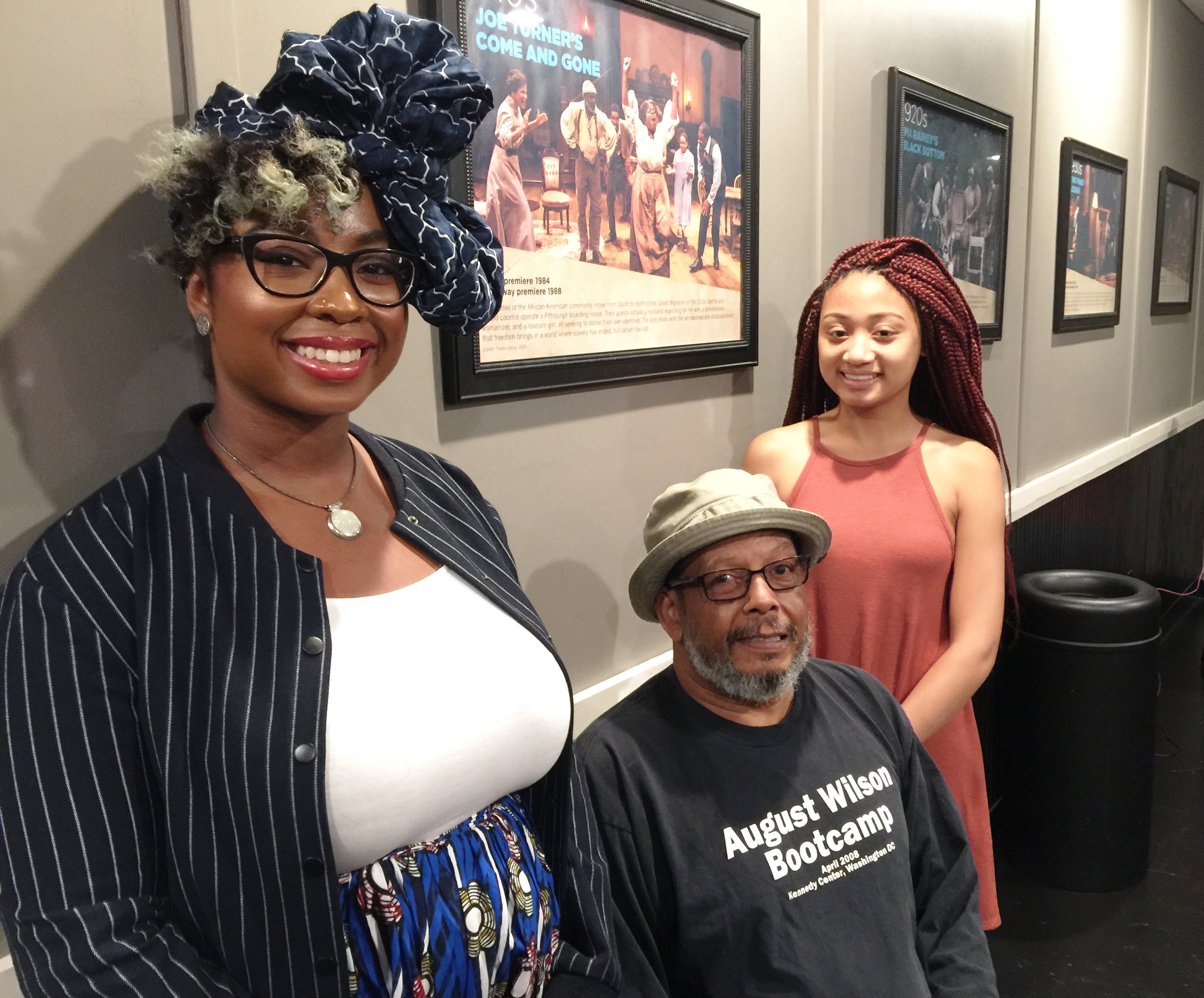
“How do you know what you know?” That was the question that haunted the late August Wilson’s autobiographical play titled How I Learned What I Learned. It’s a trick question: You don’t. One must always have a hunger, a thirst, a craving for knowledge and all the many places it can come from. No one understood that more than Wilson.
Considered one of America’s most influential playwrights of the 20th century, the one-man show chronicled the life of the Tony Award winner from his youthful days as Frederick August Kittel to the legendary August Wilson we loved and lost. The Hill District of Pittsburgh, Pennsylvania, the setting of the play, proved to be his greatest inspiration for many of his works, most notably, the Century Cycle.
The Century Cycle, affectionately called the Pittsburgh Cycle even though one play is set in Chicago, Illinois, was a collection of 10 plays that explored the African American experience in America through every decade of the 1900s. Fences, a member of the cycle, was adapted into a film in 2016 starring Denzel Washington and Viola Davis, winning Davis an Academy Award for Best Supporting Actress.

I had the lovely pleasure of seeing the show June 27, 2017, along with Rick Bardach, Vyllorya Evans, Thelma D. Jones, and Jada Miles. Wilson was masterfully brought to life on the stage by actor Eugene Lee. The 66-year-old Texas native is no stranger to Wilson’s work. This “Wilsonian Warrior” has been in eight of the 10 plays within the Century Cycle. When I spoke with him after his performance, he said what he admired most about Wilson was their shared belief in having principles; moral principles that you live by that shape your character.
Lee himself is not only a seasoned actor but a playwright, like I hope to be. He shared some words of wisdom with me that I won’t soon forget. “The things that are usually important, the echoes, and that’s what August called it and that’s what I call it, too. The echoes. The things you want people to take away from what you write. What you want them to take away from your writing, you need to say it more than once,” Lee says. I agree, repetition is key. Repetition will haunt and linger within the minds of the audience, reader, or whatever other medium you see fit. Wilson and Lee are masters at it, and I hope that one day I will be, too.
The outing to the Round House Theatre was sponsored by the SWNA’s Education and Scholarship Task Force and SWNA Youth Activities Task Force. Bardach, Evans, and Jones serve on both task forces.
By: Kiana Livingston
Kiana Livingston, a three-time SW scholarship recipient, is a junior at SUNY Purchase in White Plains, NY, where she is studying creative writing, play writing, and screen writing.

